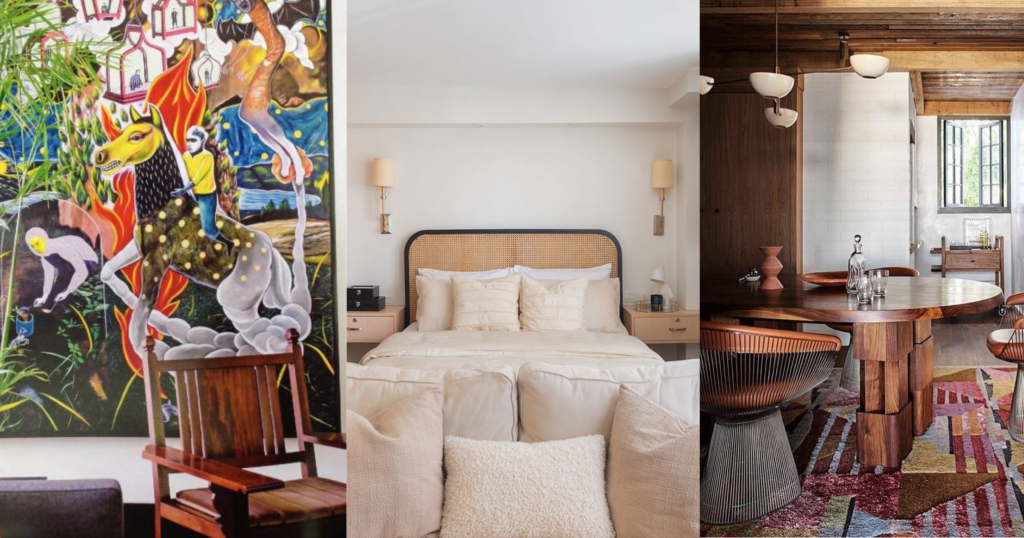Manila, Philippines — Filipino homes reflect the unique cultural heritage and evolving tastes of Filipino homeowners. Join us as we delve into the realm of home design and uncover the captivating trends that are set to shape the interiors of Filipino homes in the year ahead.


Gone are the days of neutral color schemes dominating Filipino interiors. In 2023, vibrant and bold color palettes are stealing the spotlight. Deep blues, emerald greens, sunny yellows, and fiery oranges are being used to create eye-catching accent walls, statement furniture pieces, and decorative accessories. These lively hues infuse energy and personality into spaces, evoking a sense of warmth and cheerfulness.
Filipino homes are embracing the concept of open floor plans, blurring the boundaries between living, dining, and kitchen areas. This architectural trend promotes a sense of unity and fluidity, allowing natural light to flow freely throughout the space.
Open-concept layouts facilitate better social interaction and create a spacious ambiance, especially in smaller homes where maximizing square footage is essential.
As the year 2023 unfolds, the world of home interior design and décor is abuzz with anticipation for the latest trends. In line with global movements towards sustainability, Filipino homes are also witnessing a surge in eco-conscious design practices.
With an emphasis on locally sourced materials and sustainable manufacturing processes, designers are offering homeowners a range of environmentally friendly options. Bamboo, rattan, and other natural materials are being utilized to create furniture and décor pieces that blend seamlessly with the Filipino aesthetic.
Mixing textures and patterns is a trend that is gaining momentum in 2023. Filipino interiors blend different tactile elements like woven fabrics, hammered metals, natural stones, and glossy ceramics. Combining patterns such as tribal motifs, geometric shapes, and floral prints adds depth and visual interest to spaces. This fusion of textures and patterns creates a dynamic and visually stimulating environment.
This eco-friendly approach not only promotes sustainable living but also supports local craftsmanship and preserves traditional techniques.
With a renewed interest in preserving cultural heritage, Filipino home interiors are witnessing a resurgence of traditional elements. Intricate wood carvings, capiz shell accents, and handwoven textiles are being incorporated into furniture, lighting fixtures, and accessories. This infusion of heritage-inspired elements adds a unique sense of authenticity and nostalgia to modern interiors, connecting homeowners to their roots.
Eco-conscious design practices. With an emphasis on locally sourced materials and sustainable manufacturing processes, designers are offering homeowners a range of environmentally friendly options.
Furthermore, Filipino homes are embracing a contemporary take on minimalism. Clean lines, simplicity, and a decluttered aesthetic are gaining popularity, enabling key design elements to take center stage.
This minimalist approach emphasizes functionality and the use of high-quality materials, creating a sense of calm and sophistication within the living environment.
